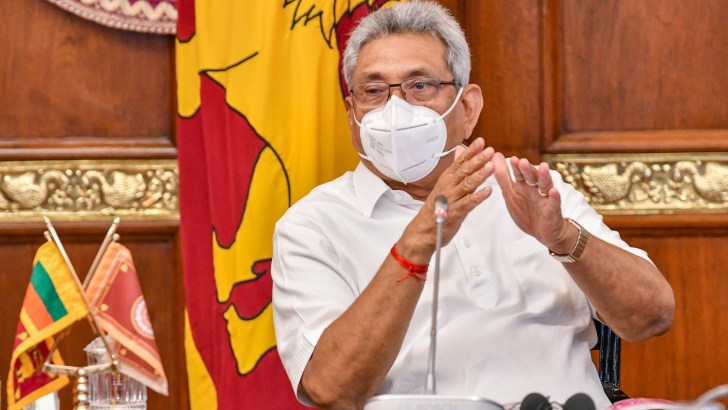
Sri Lanka is among the three economies that the World Bank has classified into a lower category than the previous year in the 2020-21 report published this week, amidst an economic crisis on the island.
The move, which comes only a year after Sri Lanka was upgraded to an upper-middle-income country, reflects the dire financial straits the island faces.
Sri Lanka’s per capita gross national product (GNP) dropped over 200 dollars from 3,968 dollars in 2018 to 3,741 dollars in 2019, while the per capita gross domestic (GDP) product dropped from 4,079 dollars to 3,852 dollars following a currency crisis which brought stagflation. These figures did not take into account the impact of the coronavirus pandemic, which has devastated economies around the world.
“Such indicators demonstrate a country's economic health,” tweeted former Sri Lankan prime minister Ranil Wickremesinghe. “We must work towards regaining the economic status we once held.”
After 30 years of armed conflict that ended in 2009 and saw hundreds of thousands of Tamils killed, Sri Lanka’s economy was growing at an average of 5.6 percent between 2010 and 2019. Yet even after the end of the armed conflict, monetary instability worsened, with frequent currency crises. Economic growth also slowed in recent years, reported to be at 2.6 percent in 2019 partly due to the impact of the Easter Sunday terror attacks.
Recent developments with dampened export earnings, remittances, private consumption, and investment, have led to an even bigger slowdown in economic activity which could trigger jobs and earnings losses.

As the crisis worsened, Sri Lanka’s president last month lashed out at the country’s Central Bank, setting them a 24-hour deadline to produce a stimulus package. In a meeting with senior officials, Rajapaksa slammed the bank, stating it had “not extended its support” and demanded they “explain reasons for their failure”. The next day the bank announced new credit schemes and a reduction of the Statutory Reserve Ratio (SRR) have been announced in an attempt to halt the crisis.
Though the World Bank also announced a US$56 million grant to Sri Lanka last month, Sri Lanka's prime minister Mahinda Rajapaksa claimed his government “has not received a single dollar”.
The downgrade comes as Chiyo Kanda was appointed the Country Manager of the World Bank office in Colombo.
We need your support
Sri Lanka is one of the most dangerous places in the world to be a journalist. Tamil journalists are particularly at threat, with at least 41 media workers known to have been killed by the Sri Lankan state or its paramilitaries during and after the armed conflict.
Despite the risks, our team on the ground remain committed to providing detailed and accurate reporting of developments in the Tamil homeland, across the island and around the world, as well as providing expert analysis and insight from the Tamil point of view
We need your support in keeping our journalism going. Support our work today.
For more ways to donate visit https://donate.tamilguardian.com.

